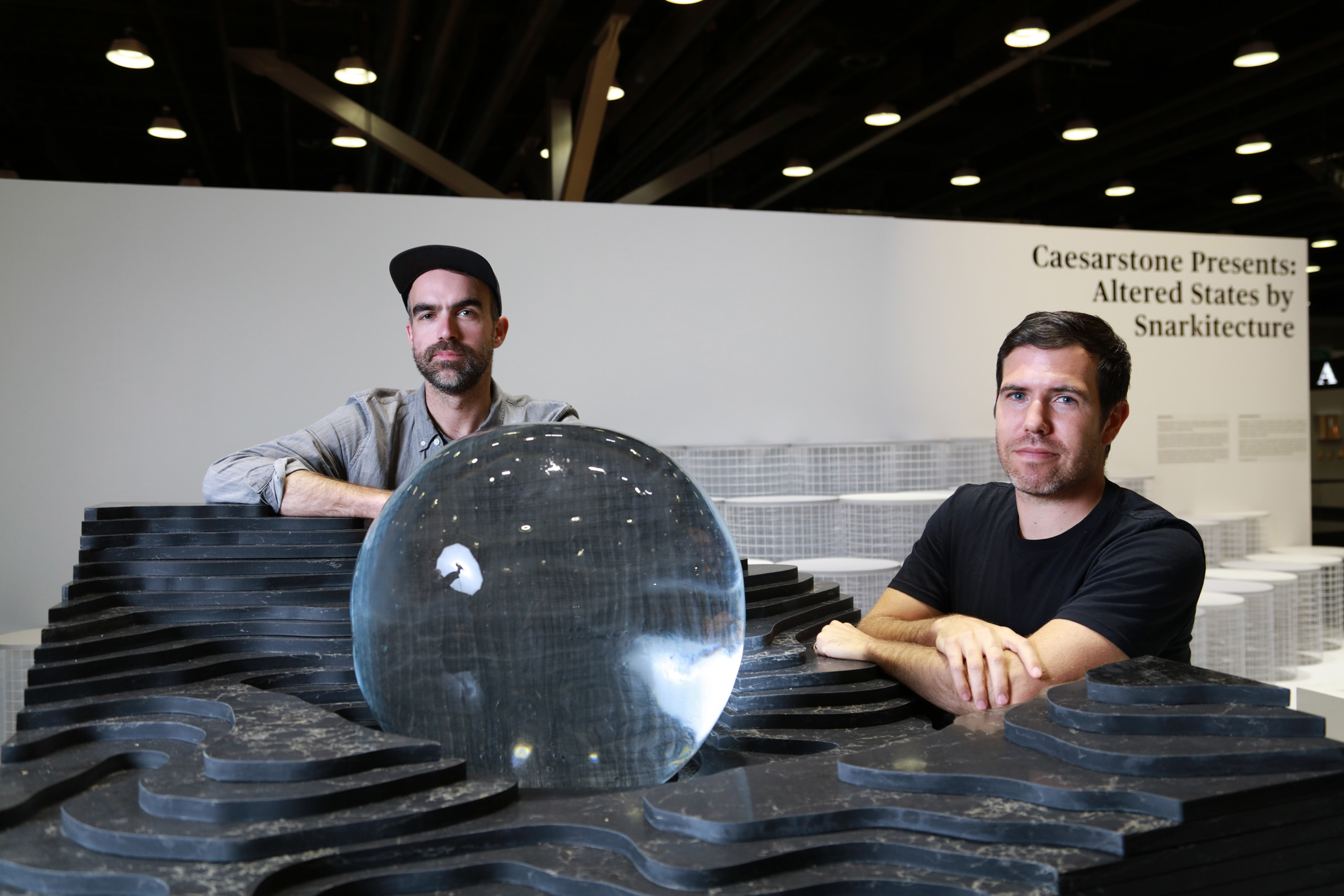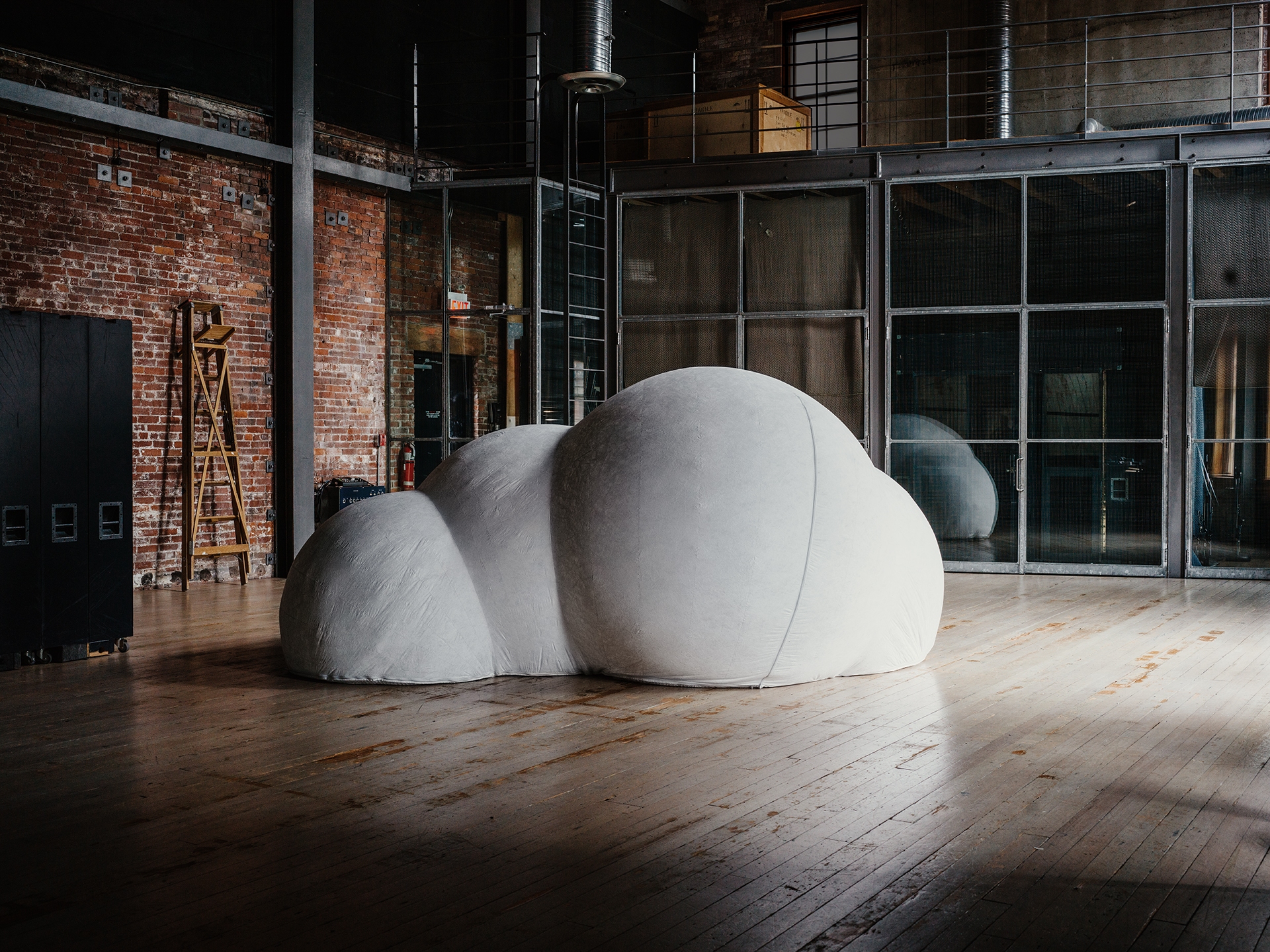Toronto’s VFA is Building Healthy Communities & Minds Ahead of Its IDS Spotlight
My (laneway) house.
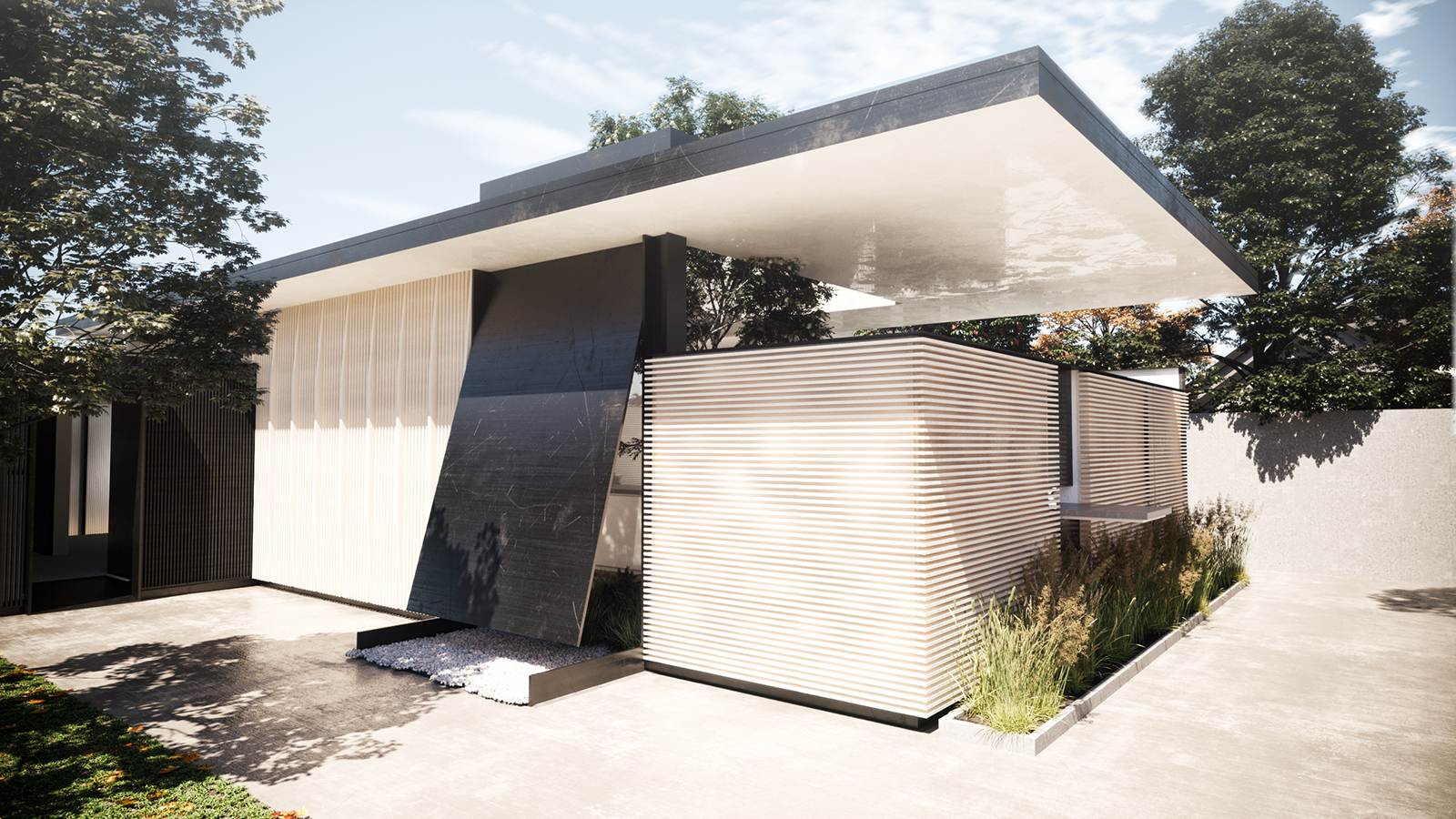
Vanessa Fong, founder of the Toronto studio Vanessa Fong Architect, is interrogating the concept of “home,” breaking things down to bare components to see how our lived spaces affect mental health, community, and financial well-being.
At one time, Fong worked with larger firms on commercial development projects, but she has since brought her design acumen under her own banner, moving into the field of residential and conceptual design. Custom homes, from condos to cabins, decorate the VFA portfolio, with much of the work utilizing modern design elements. “Each project is quite unique,” Fong says, while noting that VFA’s aesthetic largely depends on the location and lifestyle of the client.
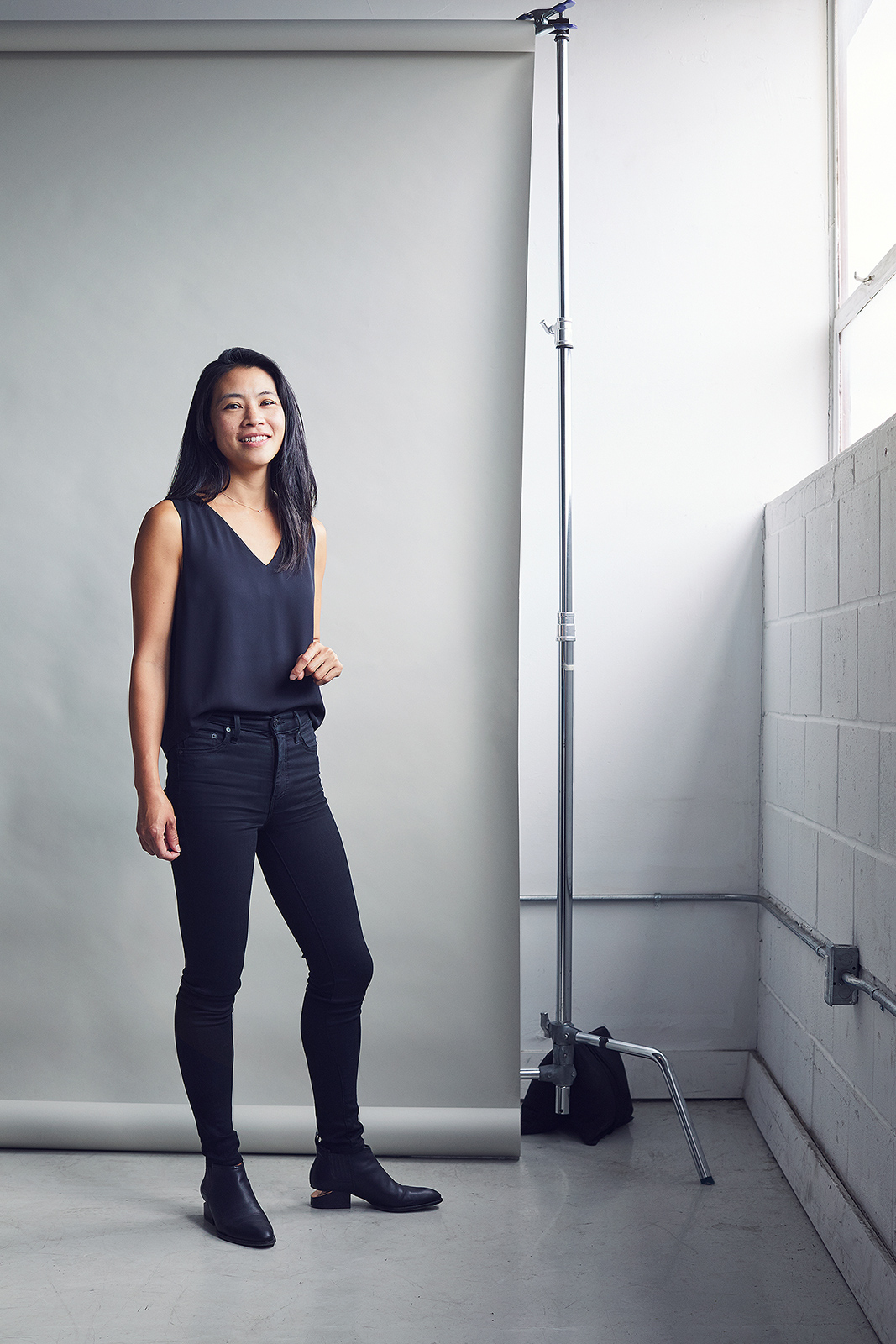
Vanessa Fong, founder of the Toronto studio Vanessa Fong Architect, is interrogating the concept of “home”.
By and large, VFA’s standout project is Ukkei: a development that seeks to build custom and modern lane houses in the Greater Toronto Area. In September 2018, the city of Toronto passed legislation that allowed for the zoning of laneway houses—small, self-sustaining houses that are accessed through the alley—thereby opening up a market for innovative architects like Fong.
“We were already in the thick of it,” she says. Many of her forward-thinking clients have been curious about the concept of laneway houses, and since Ukkei’s conception, more potential clients from across Canada have expressed interest.
When it comes to building laneway houses, the biggest problem is logistical: many alleys are hard to access and are frequently used, presenting problems for contractors needing to use large machinery for long periods of time. Another problem is precedent. “A lot of prospective clients are still a little trigger shy,” Fong explains. “They don’t want to be the first ones out of the gate.” She believes that once people start seeing more of these compact houses being built, the trends, which have been taking off elsewhere in Canada, will really catch on.
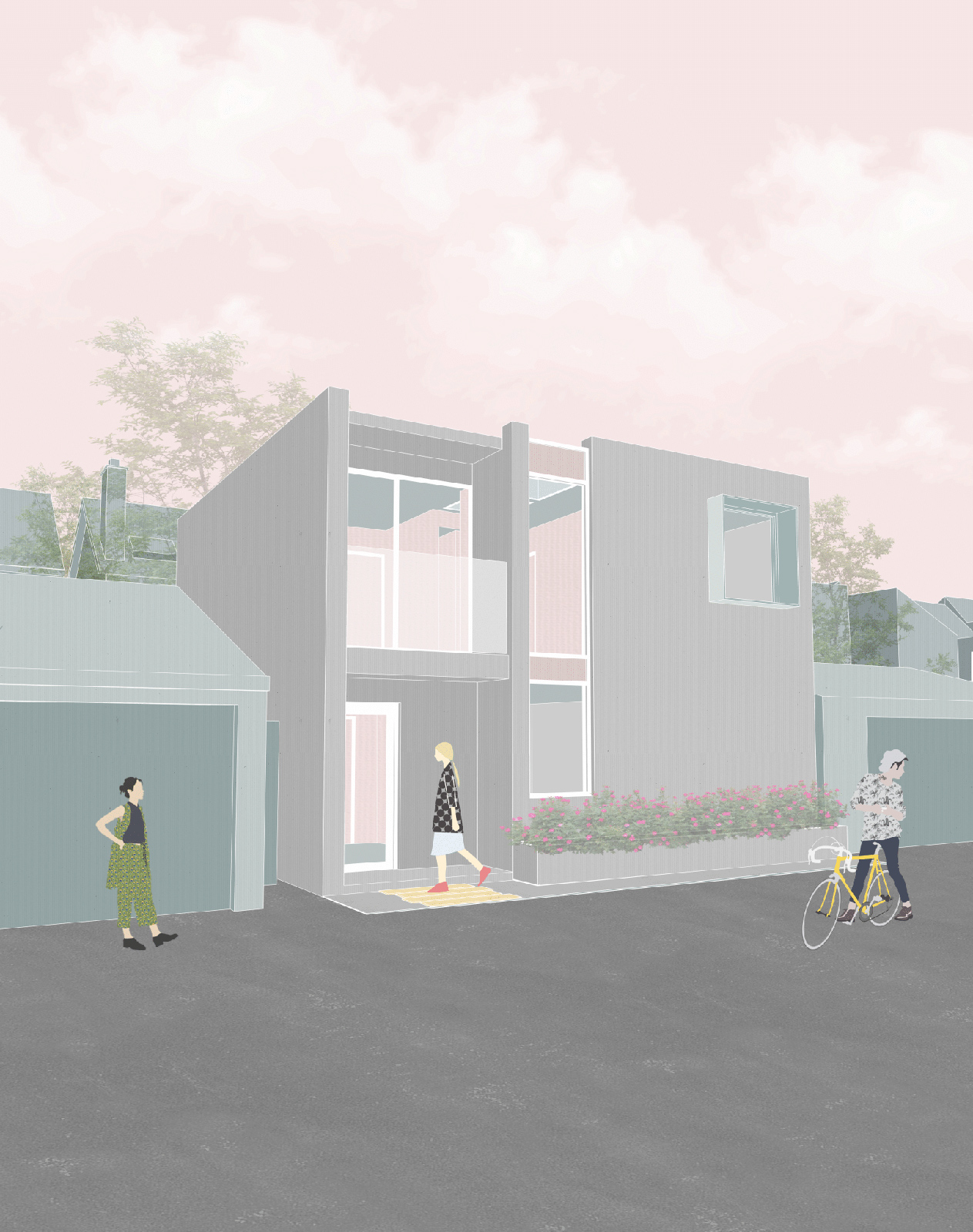
By and large, VFA’s standout project is Ukkei: a development that seeks to build custom and modern laneway houses in the Greater Toronto Area. A rendering of a Ukkei development.
VFA’s objective is to create a way for people to live comfortably in cities that are experiencing staggering hikes in rent and property value. Fong believes that laneway houses could redefine the ways we think about urban spaces. “It will change how people socialize, how they interact with the city,” she says, and some of these changes will land in unexpected places, like having an effect on the feasibility of multi-generational families living in urban proximity. While extra income from rent is certainly a motivation for those interested in building laneway houses, the prospect of constructing separate-but-together spaces for grown children is also a huge driver behind the growing trend.
These higher-density city blocks may indeed foster the strengthening of community bonds in cities, places that can often become sources of alienation and anxiety. To this point, VFA’s architectural goals and values stem not only from a desire to utilize under-used space and re-think the lived environment of city blocks and alleys, but to think about how architecture can be used to improve the mental health of residents, a focus of growing importance in architectural circles across North America.
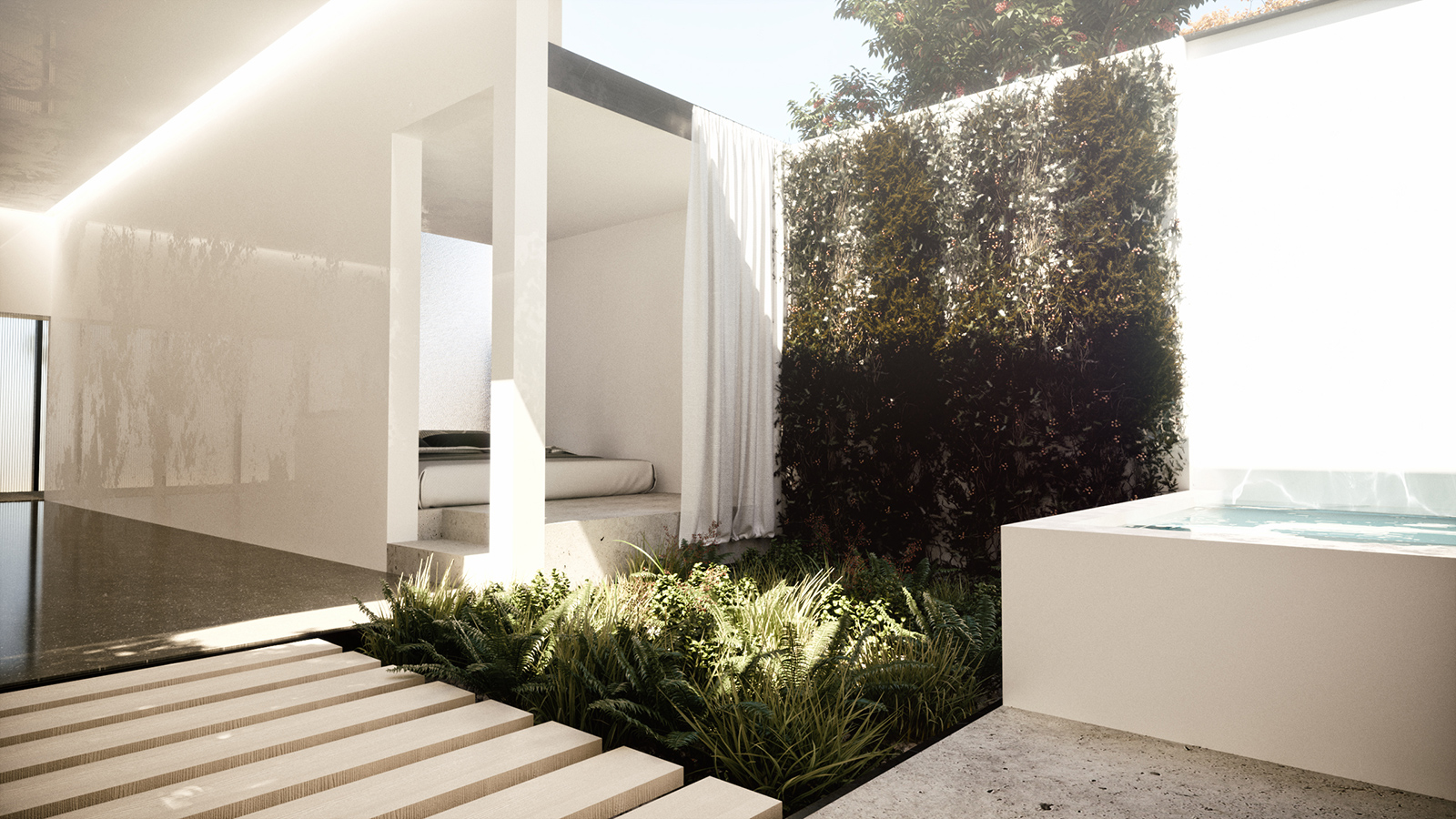
At next year’s IDS in Toronto, VFA will be among a group of featured designers tasked with creating an installation that explores how mental health, wellness, and the five senses can affect the architectural design process.
“There’s this inherent nature to connect back to the outside,” Fong muses. “Where does the outside stop and the inside stop? We really want to explore that idea and try to have the outside complete the inside and vice-versa—while still, you know, creating a home that provides shelter and heat and cooling and all that stuff.”
The health of the mind can and should be reflected in and aided by architectural concepts. These VFA homes, whether a laneway home, cabin, or tenement, are pushing the envelope of architectural intention in the field of well-being. VFA’s efforts in this have not gone unnoticed. At next year’s IDS in Toronto, VFA will be among a group of featured designers tasked with creating an installation that explores how mental health, wellness, and the five senses can affect the architectural design process.
With property taxes and rent skyrocketing, increasingly homogenous city blocks, and windowless rooms, architects like Fong, who are trying to re-think urbanity and lived space, will be paramount for cities to come.
_________
Never miss a story. Sign up for NUVO’s weekly newsletter here.

